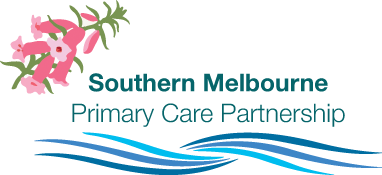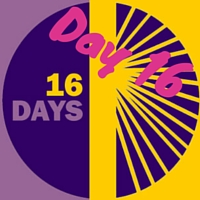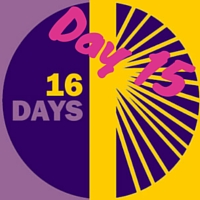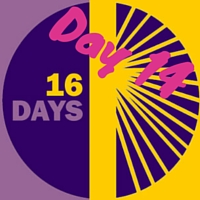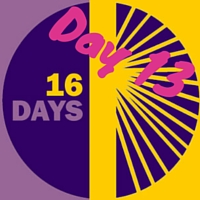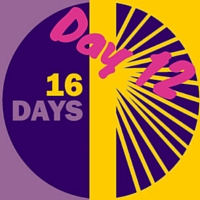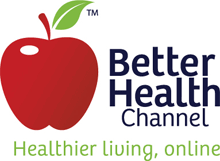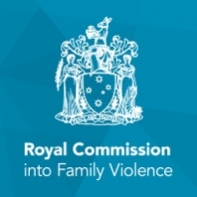
SMPCP welcomes Royal Commission recommendations
SMPCP Executive Officer, Terry Lazzarotto welcomed the release of the Summary and Recommendations of the Victorian Royal Commission into Family Violence.
The current work of the PCP is reflected in the report findings and the Partnership is well positioned to support the government’s efforts to address this important community issue. Among the 227 recommendations within the report, particular note was made of the need for more work to be done in the areas of prevention and training and workforce development for general health workers.
